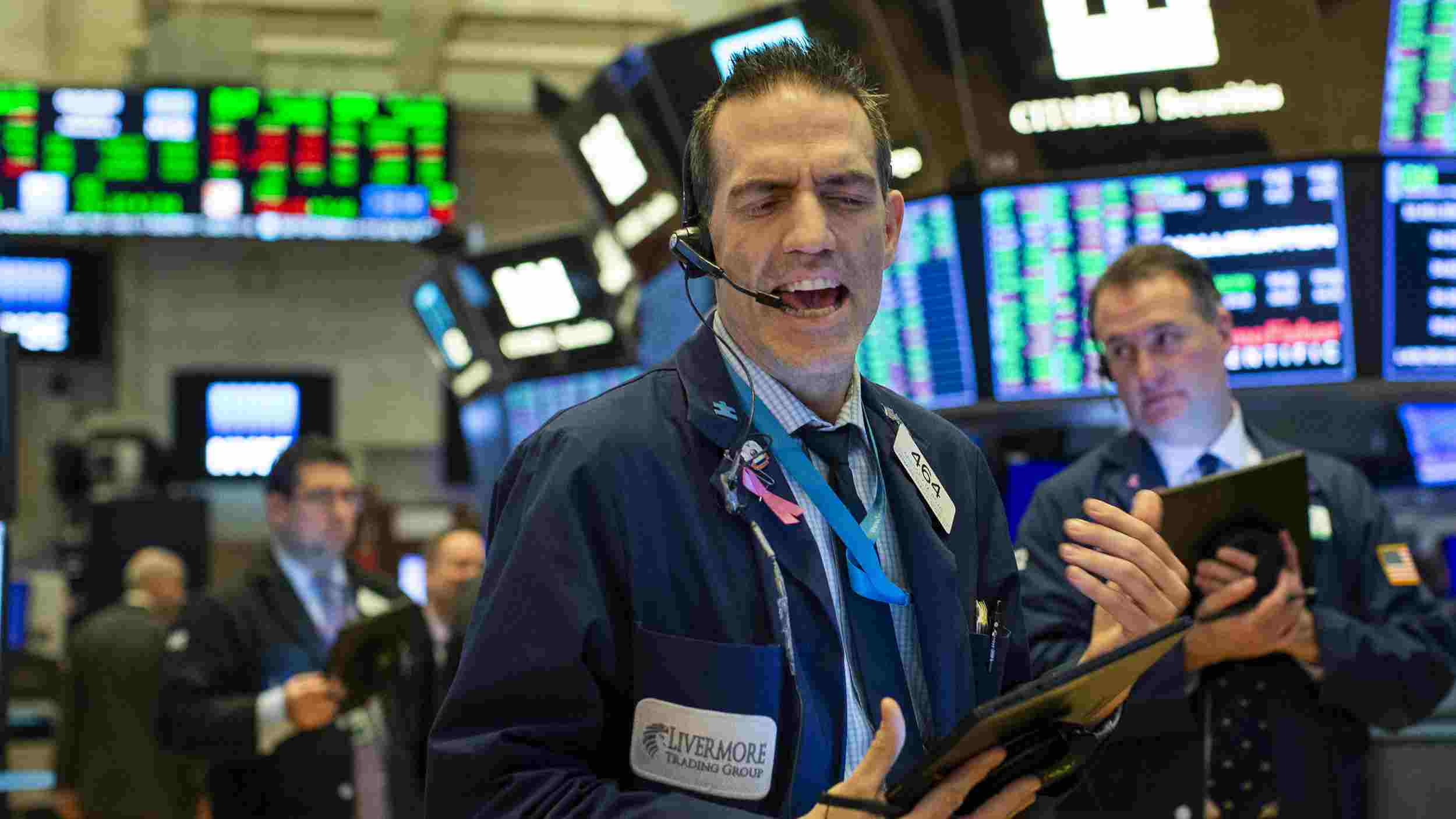02:01

Global central banks have flooded the capital markets with cash in order to pump up asset prices and economic activity amid the crisis wrought by the coronavirus pandemic.
But the big question remains: were central banks catering to the appetite of Wall Street or Main Street, the average person?
This was the question directed to Lawrence Summers, former U.S. Secretary of the Treasury, and Janet Yellen, former Chair of the Federal Reserve Board of Governors, at the ongoing Bloomberg New Economy Forum.
Summers said that what is ultimately historically important was that central banks have prevented a financial collapse. However he added that central banks need to acknowledge their limited influence and relevance now.
"Look, the big thing was preventing a financial collapse," said Summers. "The central banks acted definitively to do that… The mistake is for them to vastly exaggerate their continuing relevance."
Summers said that with interest rates at or around zero, or "zero bound," the capacity to provide meaningful impetus to their economies was limited.
Yellen: Effective lower bound is a big constraint
"They do not have the capacity to meaningfully affect the degree of inequality. They do not have the capacity to vaccinate people. They do not have the capacity to fight climate change. They need to acknowledge the limitations of their influence," she said.
Meanwhile, Yellen said that while central banks have done a good job responding to the crisis, she said monetary policy has its limits with the lower bound constraint, requiring fiscal relief to help.
"I agree with Larry that the effective lower bound, it's a big constraint. At this point, they're doing almost all they can do," she said.
Yellen added that central banks can only "try to pursue the strongest possible job market" to tackle issues such as inequality and the disproportionate burdens on workers.

